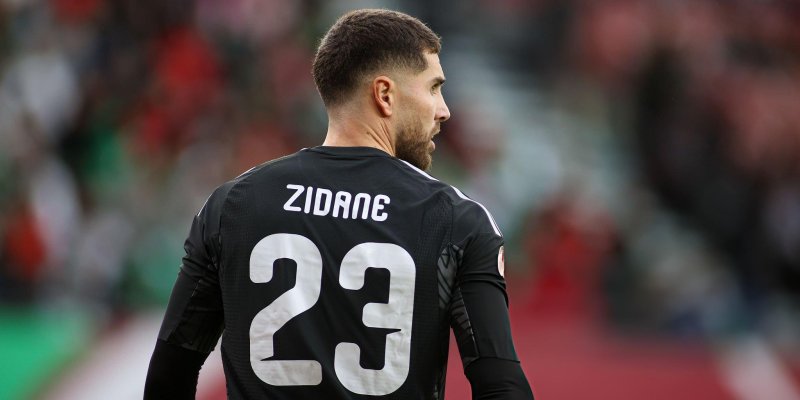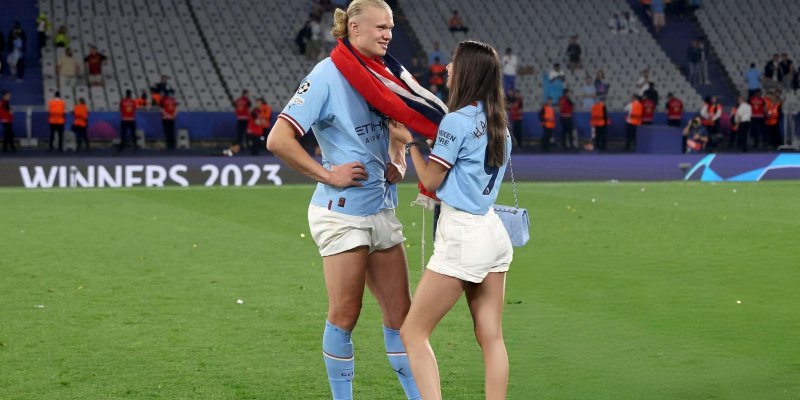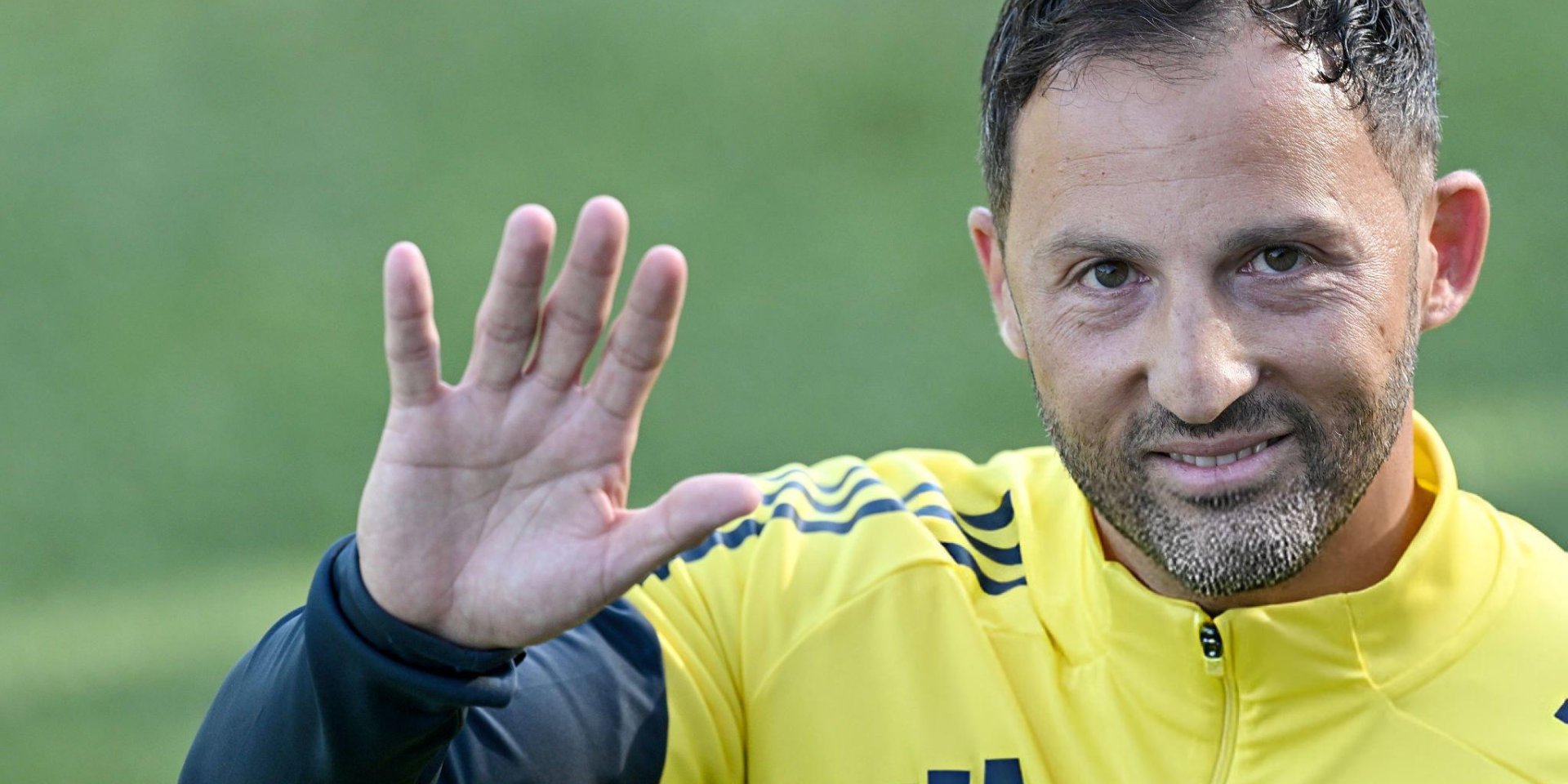
Domenico Tedesco’s appointment at Fenerbahçe is one of the off-season’s most eye-catching turns. The German coach, familiar to Russian fans from his spell at Spartak, signed a two-year deal with the Istanbul club and will immediately land in the center of top-tier expectations: a title race in the Turkish Süper Lig and a UEFA Europa League campaign. The move to Turkey ended weeks of speculation—rather than Nottingham Forest, where he was strongly linked after the English side parted with Nuno Espírito Santo, Tedesco chose the Bosphorus and the seat vacated by José Mourinho.
An Appointment That Upended the Off-Season Narrative
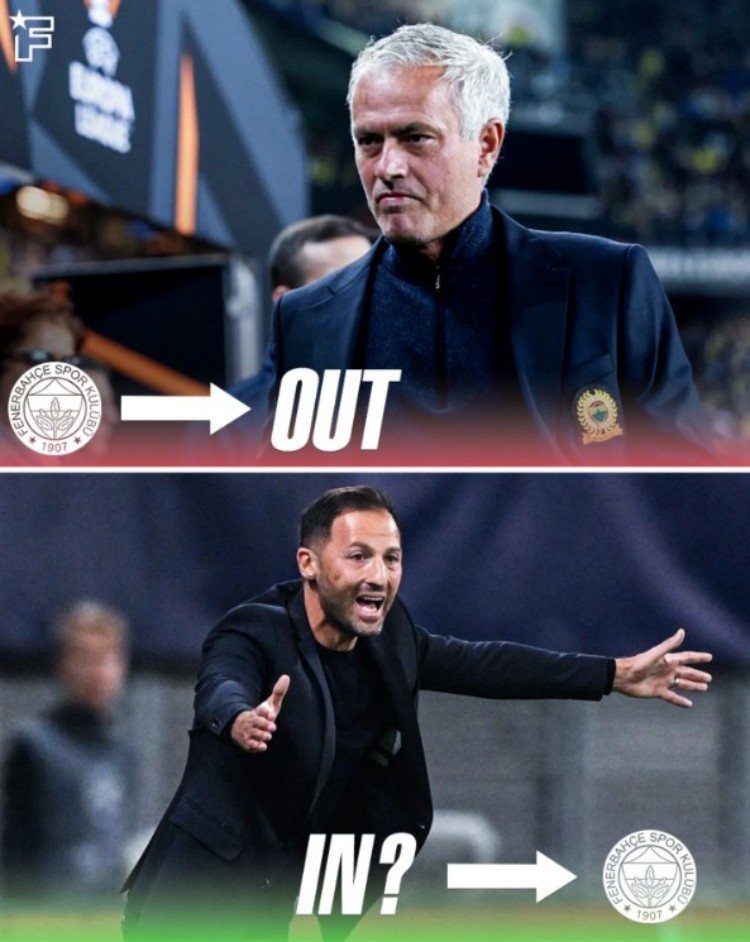
Fenerbahçe quickly filled the vacancy after a failed Champions League qualifying run under Mourinho. The choice fell on the 39-year-old Tedesco—a new-generation coach who can rapidly impose structure and organize the press. The Istanbul club gets a manager with European pedigree, while Domenico returns to club football after a difficult spell with Belgium.
Belgian Chapter: Turbulence Instead of Steady Progress
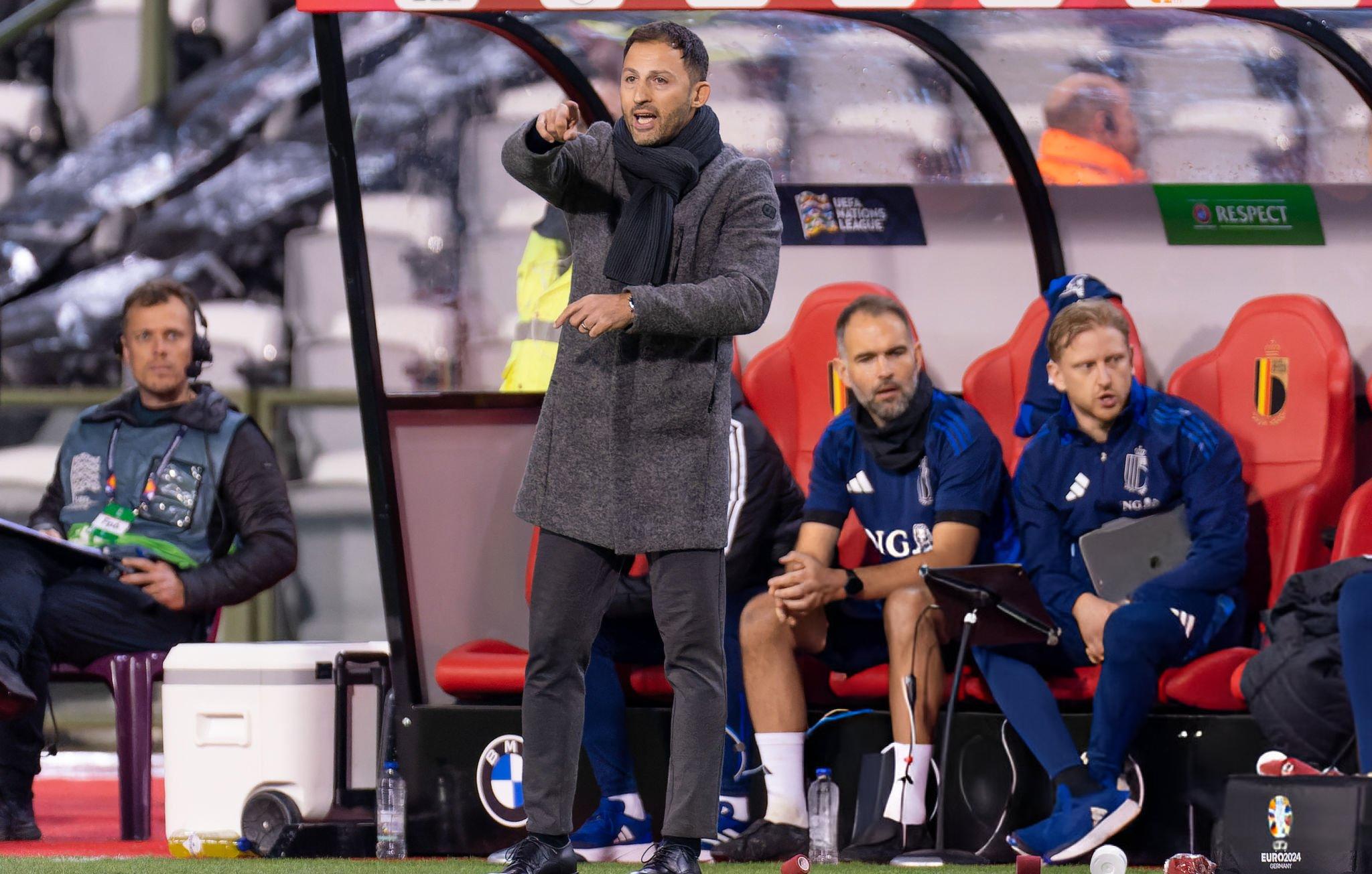
Tedesco took charge of the "Red Devils" in February 2023 and lasted until January 2025. At Euro 2024 Belgium bowed out in the round of 16 to France, but the main talking point was less the results than the team environment. Personnel decisions and handling of the leadership group created friction that continually shadowed the football itself.
The Armband Story: Clash with Courtois and an Unexpected Choice in Goal
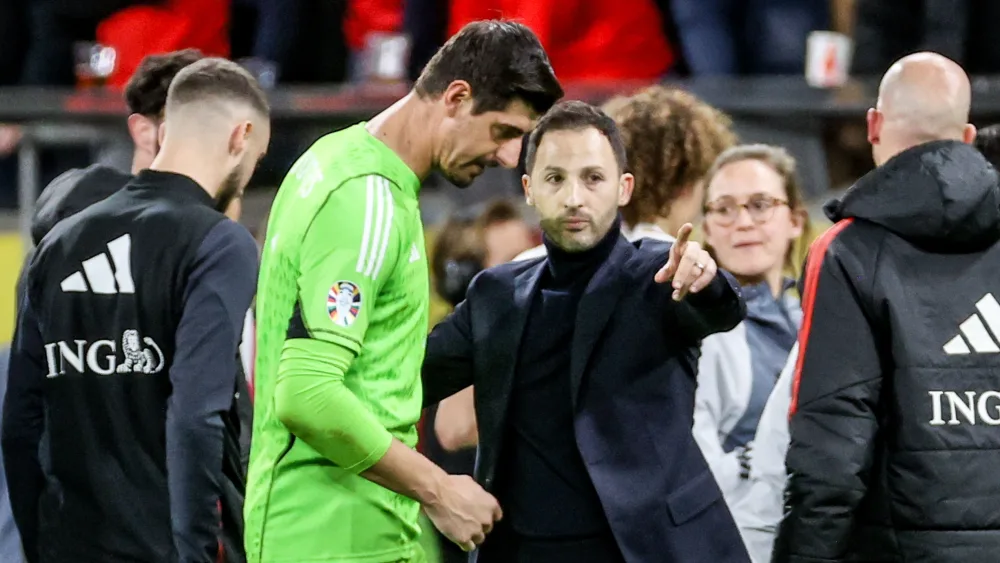
The loudest episode was a rupture with Thibaut Courtois. The goalkeeper was aggrieved that, for one of the matches, the captain’s armband went to Romelu Lukaku rather than him. The plan, according to the staff, was for Courtois to captain against Estonia, but by then trust had already cracked. In the end, Lukaku again wore the armband and Matz Sels started in goal—and Courtois has not played for the national team under Tedesco since. Thibaut later explained he would not return while this coach was in charge: his lack of trust would disrupt the necessary atmosphere.
Kevin’s Voice and Romelu’s Pause: Signals from Key Figures
Kevin De Bruyne also had his say. After a 2–0 defeat to France in autumn 2024, Kevin spoke sharply about team discipline and a compressed back line: when a six-man defensive line sits too deep, the team loses connectivity. Tedesco’s public response was conciliatory—Belgium aren’t perfect yet, he said, but there is room to grow. Then came Lukaku’s "pause" story: the striker asked not to be called up for October’s games against Italy and France so he could fully settle at Napoli, yet he still joined up in November and played against the Azzurri. The coach’s human flexibility was commendable, but the sequence of signals from the leaders only strengthened the sense of disunity.
End of the Tenure: The Stands Didn’t Forgive, Management Drew the Line
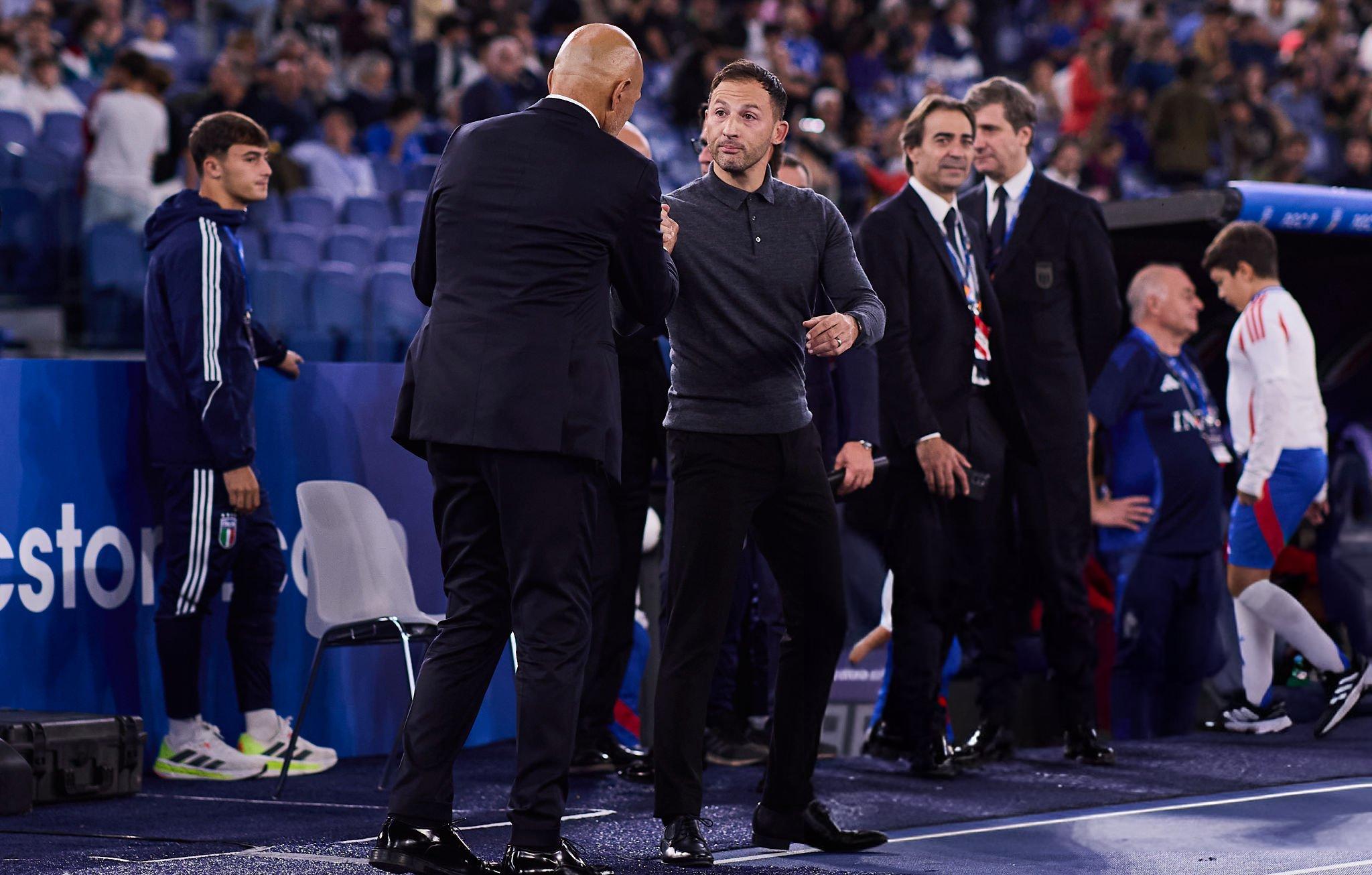
The Nations League served as a stress test—and it was failed. Even blue-chip opposition in France and Italy did not spare Tedesco from growing discontent: the stands rang with calls for resignation, and in January the federation ended the partnership. Six months off—and a new challenge: stepping in for Mourinho at Fenerbahçe, where the stakes are traditionally high and patience is limited.
What Awaits in Istanbul: Context, Tasks, and First Steps
Fenerbahçe’s ambitions are invariably maximalist: the Süper Lig title, a European trophy, and steady improvement in performance. Tedesco’s strengths should help: organizing the press, keeping a compact block without the ball, and assigning clear roles in build-up and progression phases. At the same time, the Turkish environment demands ultra-fine work in the dressing room: respect for star status, a clear hierarchy, and timely communication—otherwise any micro-conflict quickly becomes a headline. In Domenico’s favor are his experience of systemic rebuilds and rapid adaptation; against him is the fresh memory of Belgian misunderstandings that nobody in Istanbul wants to revisit.
External Skepticism: What Tedesco Risks
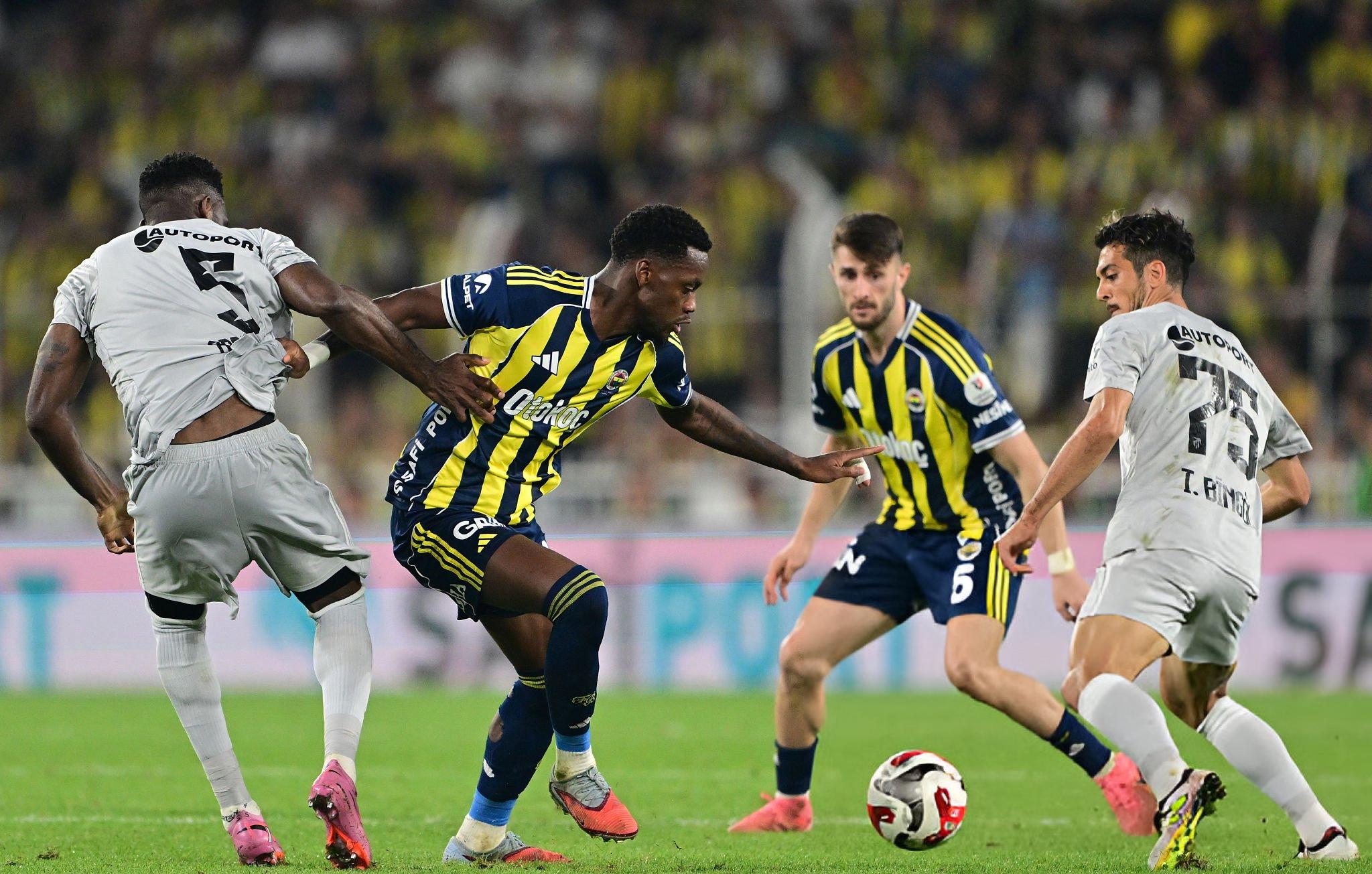
Critics have already chimed in with the "unsinkable coach" line—one who fails in one place only to resurface elsewhere. The skepticism is understandable: in Belgium the conflict-ridden backdrop obscured the on-pitch work, making it easier to judge the noise than the tactics. At Fenerbahçe that narrative won’t last if the team quickly finds a recognizable pattern: synchronized shifts in the press, flexibility between 4-2-3-1 and 3-2-5 in positional attacks, and rational use of stars to accentuate their strengths.
Verdict: A Chance to Reset—If Communication Is Right
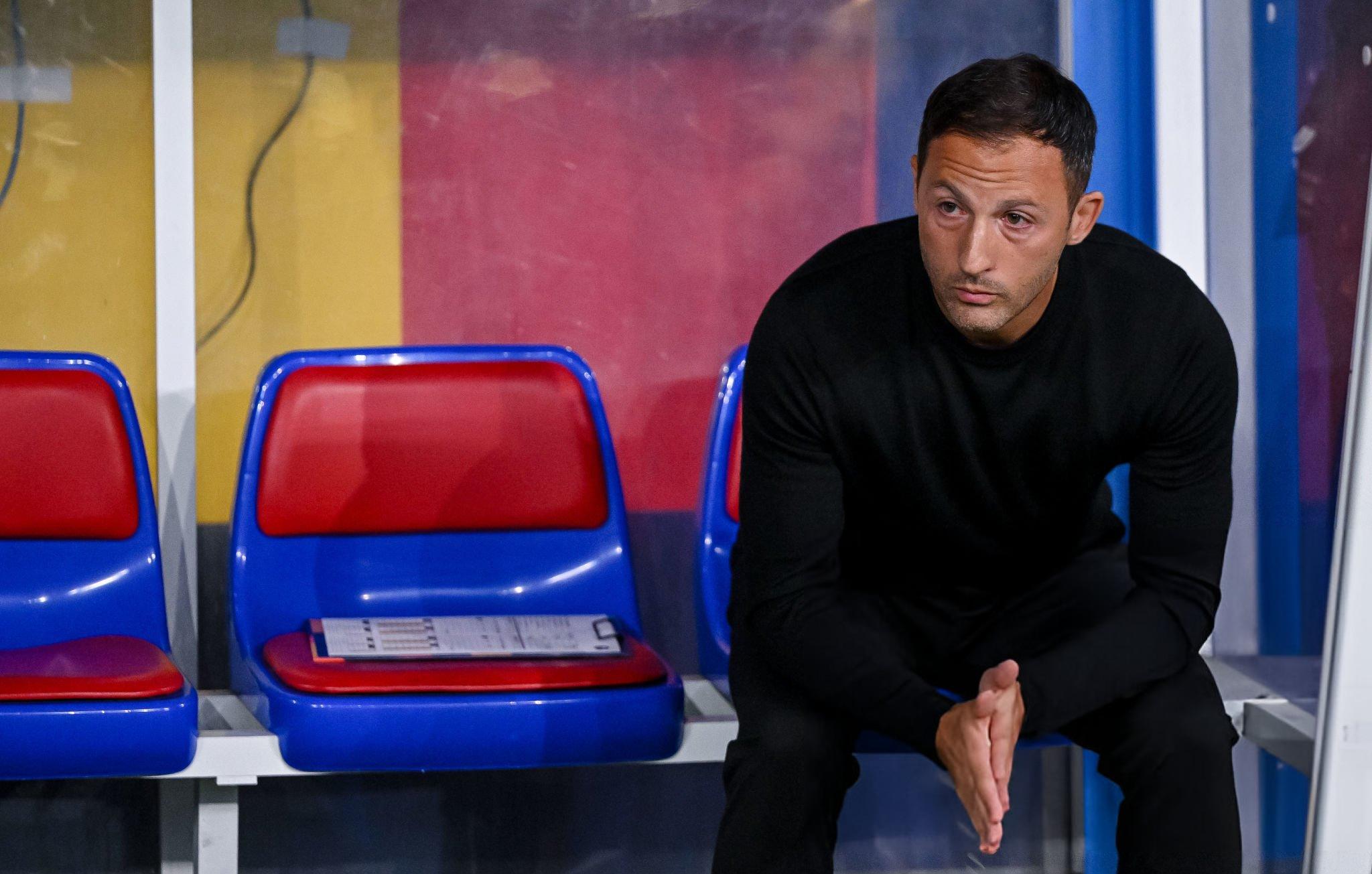
For Tedesco this is more than a new address—it’s a reputation reboot. He has the squad, the resources, and an audience that values results as much as names. If Domenico can marry his tactical principles with delicate man-management—assigning leaders role and responsibility and giving the team structure and freedom in the right zones—Fenerbahçe have every chance to turn a Europa League season into a springboard for more. The only question is how quickly the new coach can file away memories of Belgian squalls and convert them into experience rather than ballast. Will the Istanbul giant’s gamble pay off—will Tedesco meet expectations, or are the pessimists right? We’ll find out soon enough on Turkish pitches and in the Europa League’s Thursday nights.

